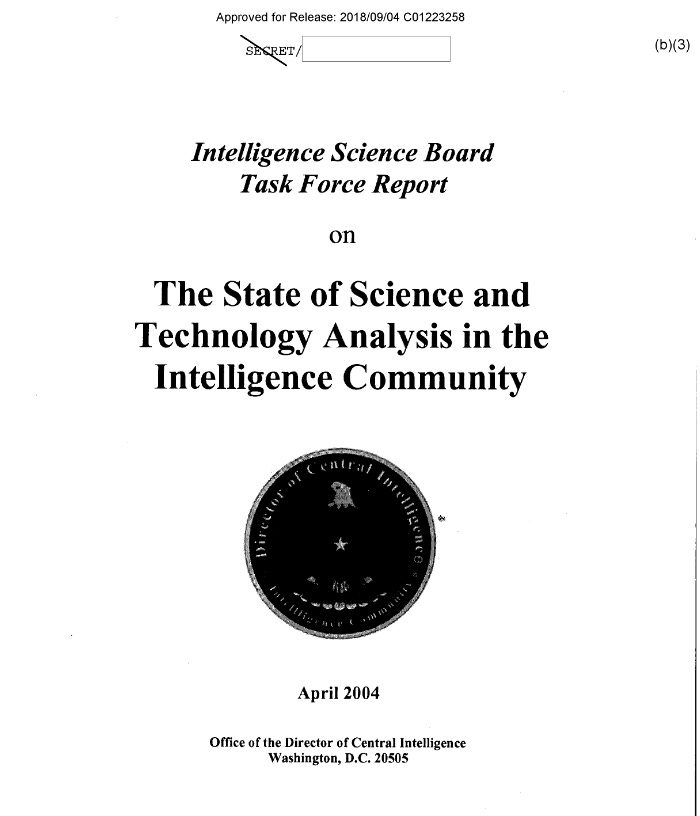La doctrine indo-européenne du combat et de la victoire
Introduction : histoire du texte et contexte
la-doctrine-aryenne-du-combat-et-de-la-victoire.pngLa réflexion qui suit résume l’essai de Julius Evola La doctrine indo-européenne de la lutte et de la victoire et harmonise le ton avec votre traduction. Le texte s’articule autour d’une distinction centrale entre une vision moderne et sécularisée de la guerre et une vision indo-européenne traditionnelle dans laquelle la lutte revêt une importance rituelle, initiatique et métaphysique. Historiquement, l’ouvrage a été publié en italien chez Edizioni del Ar (1970) ; une édition française a suivi chez Pardès (1996). Le matériel s’appuie sur des conférences et des notes développées par Evola dès les années 1940. Dans ce qui suit, l’accent est mis sur le fondement symbolique, religieux et métaphysique de l’action, avec quatre sous-titres thématiques.




